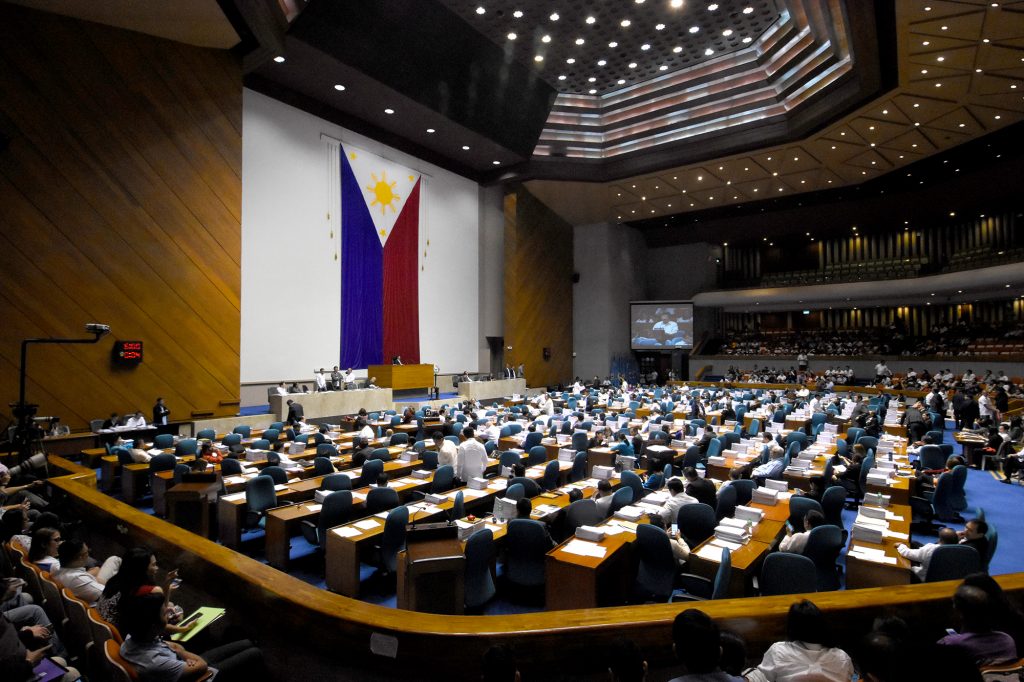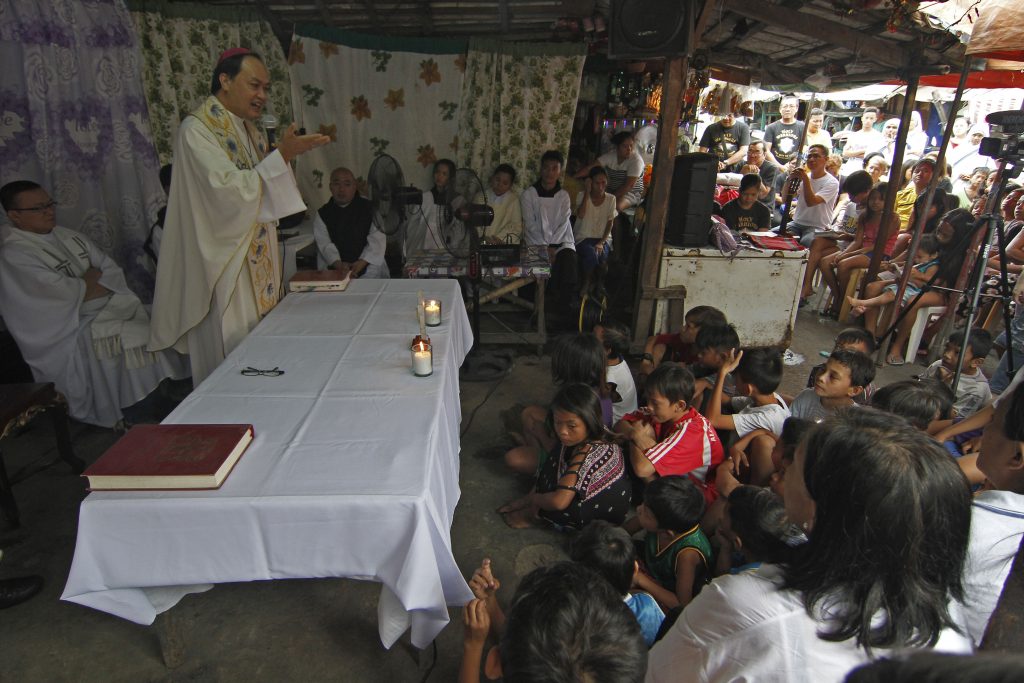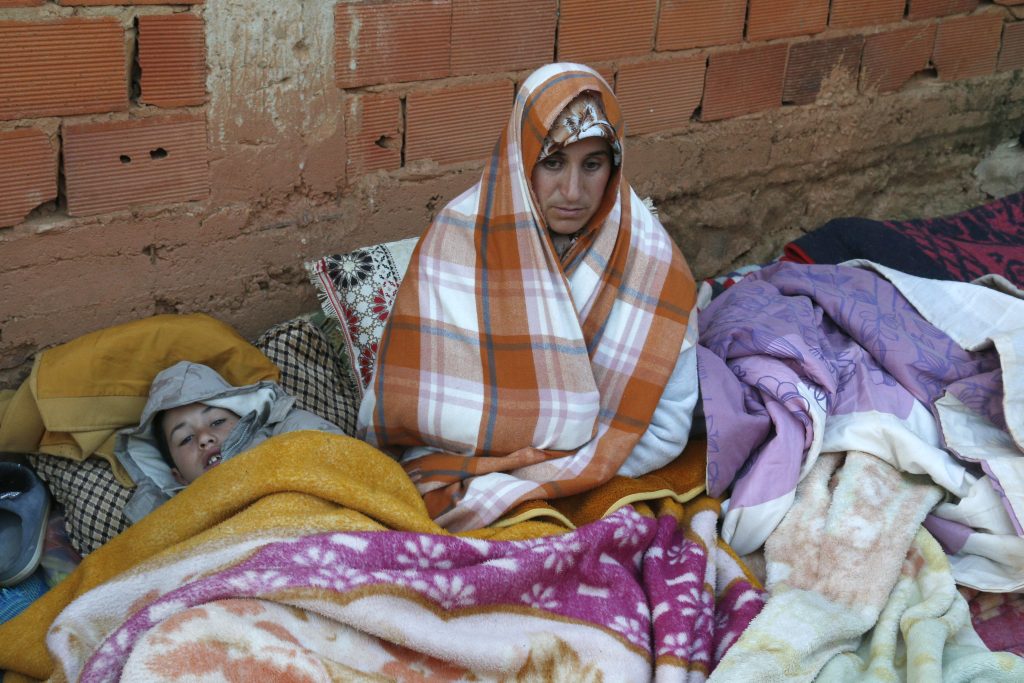
The Catholic Council of the Laity of the Philippines reminded legislators this week that it is “not the time for Charter change as millions are suffering” from the pandemic.
“We cry out in a loud and categorical manner that we oppose these moves,” read a statement issued by the group this week following renewed moves in Congress to amend the country’s Constitution.
“This is not the opportune time to deal with [Charter change],” said the church group.
“We are in the midst of a pandemic with millions of our countrymen suffering from lack of food, shelter, job, education and a decent and comprehensive health care system,” read the statement.
The group said people need the help and calling for a Charter change is a “sheer waste of our precious time, energy, effort, and money.”
“With the 2022 elections just about a year and a half away, who will not suspect other underlying political motivations?” said the group, which is better known as Laiko.
“We cry out in a loud and categorical manner that we oppose these moves,” he said.
The House Committee on Constitutional Amendments convened on January 13 to continue discussions on resolutions to amend several provisions of the Constitution.
Retired Bishop Teodoro Bacani, one of the framers of the 1987 Constitution, has earlier pointed out that concerns against Charter change are matters of trust.
“The biggest issue is trust. It is very difficult to trust these congressmen and President [Rodrigo] Duterte that [the proposed amendments] will just be about the economic provisions,” Bacani said over Veritas 846.
Various political groups and power blocs crossed party lines in the House of Representatives to support resolutions giving Congress the flexibility to amend the restrictive economic provisions in the 1987 Constitution.
Deputy Speaker Bernadette Herrera said “there is a strong and united consensus” among political leaders in the House to back the initiative toward liberalizing the economic provisions of the Constitution.
The measure seeks to insert the phrase “unless otherwise provided by law” to several sections of the Constitution, which restrict foreign ownership of land, natural resources, public utilities, educational institutions, media and advertising.
It provides that by a vote of three-fourths of all its members, the Senate and the House of Representatives voting separately could propose amendments to the economic provisions of the basic law of the land.
Source: Licas Philippines






0 Comments